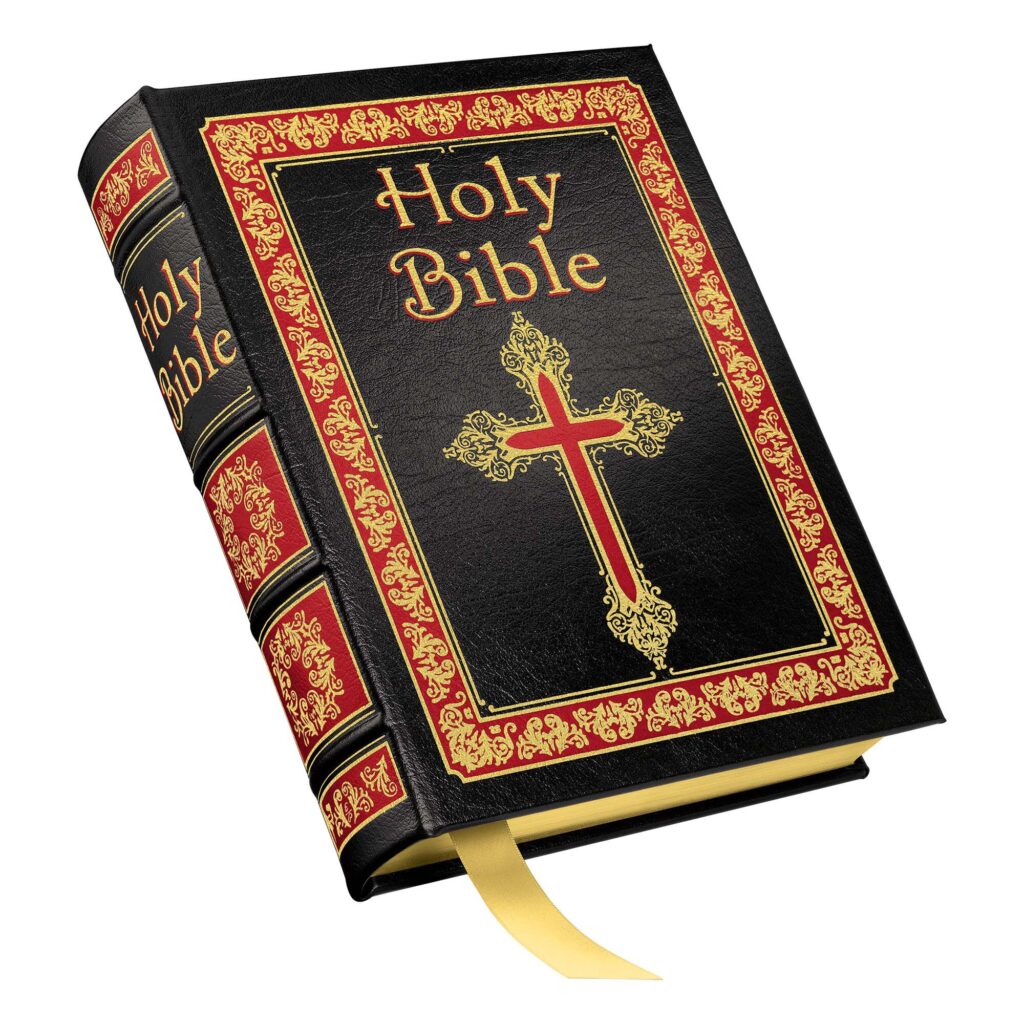Nayabimarsha (Weekly Newspaper from Nepal)
Many countries have their own famous authors from the past to modern-day era. The English speaking world has many notable writers from the American Mark Twain and his masterpiece, The Adventures of Huckleberry Finn to the British play master Shakespeare with over 30 plays published and 150 or so sonnets. In France Victor Hugo is the most important and he wrote Les Miserables and The Hunchback of Notre Dame. The Guinness book of World Records states that the Brazilian author Ryoki Inoue is the most prolific author, with 1,075 books published under many pseudonyms.
On the 16th January 1605, Miguel de Cervantes’ published his famous book Don Quixote de la Mancha. The book is considered by many to be the first modern novel and one of the greatest novels of all time. The protagonist is a minor noble, Alonso Quixano, whose obsessive reading of chivalric romances drives him mad. He adopts the name Don Quixote and, along with his squire Sancho Panza, roams around La Mancha, a central region of Spain, taking on a number of challenges that exist entirely in his mind. Quixote attacks a group of monks, a flock of sheep, and, most famously, some windmills he believes to be giants. The episodic story is intentionally comedic, with a strikingly modern narrative which gives voice to a dazzling assortment of characters with diverse beliefs and perspectives, it exhibits nuanced irony, and a humanistic outlook, with its deliberately archaic language contributing to its satirization of older stories of knights and their deeds.
Although Cervantes made only a modest profit from its publication rights, the novel was re-published across Spain and Portugal within the year. Over the next decade, it was translated and re-published across Europe and widely read in Spain’s American colonies. Over the subsequent centuries, critics have continued to praise, analyze, and re-interpret Don Quixote. Many analyses focus on the theme of imagination and the more subversive elements of the text, which has been taken as a satire of orthodoxy, chivalry, patriotism and even the concept of objective reality. Laurence Sterne’s Tristram Shandy, another novel frequently called one of the greatest of all time, was heavily influenced by Don Quixote, as was Mark Twain’s enormously influential book, The Adventures of Huckleberry Finn, which explicitly references Cervantes’ work. Cerebral, comedic and groundbreaking, Don Quixote has endured in a way that only a select few novels could. However, even though this book has influenced the literary world it has still only touched the lives of a comparably few individuals and mostly in the Spanish speaking nations; it is estimated to have sold 500 million copies. The best-selling book in the world is the Bible, selling between 5 and 7 billion copies, in 2021 statistics. The name Bible comes from the Greek words ‘τὰ βιβλία,’ meaning the book, not just a book like any other, but ‘thee book’ the most important book. The appeal of the Bible is that it is a living book. The truths contained in it are timeless and unchangeable. The author of the New Testament book of Hebrews says in chapter 4 verse 12 “For the word of God (i.e the Bible) is quick, and powerful, and sharper than any twoedged sword, piercing even to the dividing asunder of soul and spirit, and of the joints and marrow, and is a discerner of the thoughts and intents of the heart”. Every year the Bible continues to change lives and influence mankind. According to Wycliffe Global Alliance, translators in September 2023, all of the Bible has been translated into 736 languages, the New Testament has been translated into an additional 1,658 languages, and smaller portions of the Bible have been translated into 1,264 other languages, making it the most translated book in the world. Have you read it? Maybe it’s time you looked at it for yourself!




